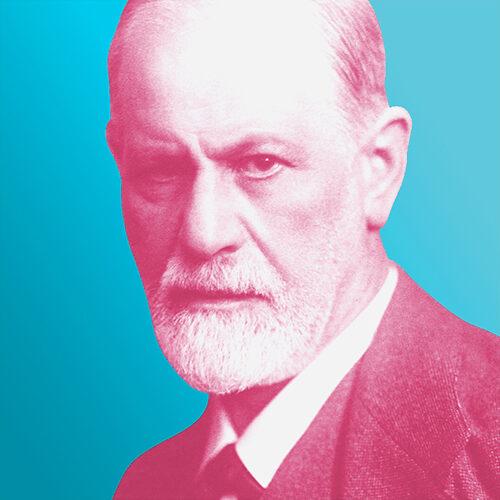The cigar. The couch. Your mother.
We’ve come a very long way since Sigmund Freud first introduced us to the world of psychoanalysis. For over 100 years, many notable psychoanalysts have formulated and expanded theories in which to understand and advance the field of mental health. These important contributions have provided an evidence-based framework for effective modern treatment, replacing the old three-piece suit and cold “surgical” approach with a modern, relational therapeutic framework.
But what is psychoanalytic psychotherapy?
Psychoanalytic psychotherapy developed out of the field of psychoanalysis and is also referred to as insight-oriented psychotherapy, psychodynamic psychotherapy, in-depth and expressive psychotherapy. It is an empirically validated treatment which draws on the richness and depth of psychoanalysis. It can be most beneficial when meeting up to 4 times per week but this frequency is not required.
Psychoanalytic psychotherapy is customized to your needs and focuses on core issues of your life and personality. Your internal life is explored as well for the purpose of integration, change and growth. This is achieved through the creative process of interpretive dialogue between you and I in which each of us contributes to discovering how you think, feel and behave. This sets the stage for a reparative relationship to develop between us through an atmosphere of safety. In our sessions, you are encouraged to express any thoughts or feelings and have them accepted and understood without judgment. Even frustration and anger at the therapist contributes to this reparative relationship because it presents an opportunity to increase our understanding of what is developing between us and work through what feels most raw, honest and difficult.
Psychoanalytic psychotherapy is widely practiced and has been successful in treating a large number of individuals and couples with a broad range of conditions. It is also sought by individuals who would benefit from psychoanalytic treatment but cannot make either the financial or time commitment to psychoanalysis. Several authors have described psychoanalytic psychotherapy as existing along a continuum. At the expressive end of the continuum, it is very similar to psychoanalysis, with a focus on hidden meanings, past experiences and the relationship between the patient and the therapist. At the supportive end of the continuum, designed to treat very ill individuals or those in acute crisis, the therapist is more directive and cognitively focused on healthy adjustment and coping mechanisms.
I included some links below to more information. If you have any specific questions regarding psychoanalytic psychotherapy, please contact me.
Link: Psychoanalytic Psychotherapy
Literature and Articles Addressing the Evidence Base for the Effectiveness of Psychodynamic Psychotherapy
1. Shedler, J. (2010). The Efficacy of Psychodynamic Psychotherapy, American Psychologist, 65, 98-109.
2. Summers, R., Barber, J. (2009). Psychodynamic Psychotherapy: A Guide to Evidence Based Practice. The Guilford Press.
3. Lazar, S. (2010). Psychotherapy is Worth It; A Comprehensive Review of Cost Effectiveness, American Psychiatric Publishing.
